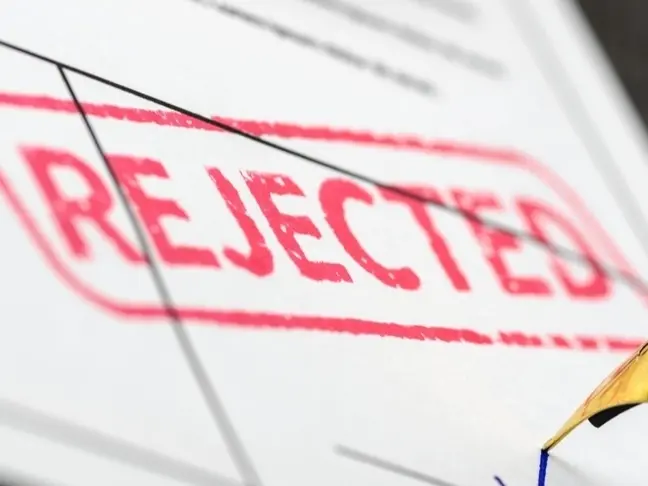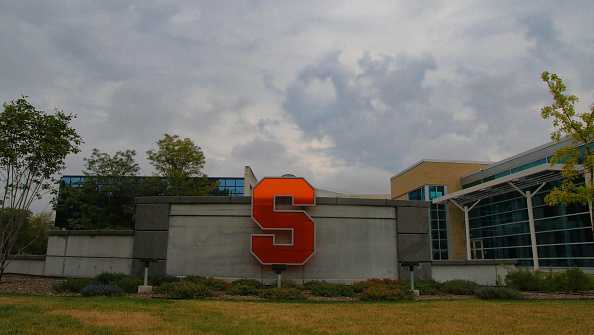Southington Shoots Down Controversial Apartment Building Project

SOUTHINGTON, CT — After months of public testimony and debate, Southington's zoning board last week unanimously said "no" to a controversial apartment building project.
In three separate, bipartisan, 7-0 votes, the
The commission cited myriad safety worries associated with increased residential development at the location, especially relating to traffic and its proximity to a middle school.
The apartment building was to be located on a large parcel home to Rosewood Apartments (elderly housing), a jeweler, and Supreme Lake Manufacturing.
The PZC closed a lengthy public hearing Aug. 19 and tabled action Sept. 2 to last week's meeting.
For this project to go through, the developer would have needed the PZC to approve a text amendment in Southington's regulations to create an "affordable housing zone."
It then needed the PZC to change the zoning district lines on the site, now zoned for business, to be included in the new "affordable housing zone."
If those applications were approved, the PZC would have had to debate and discuss a special permit to build the apartment complex.
Last week, however, the plan as presented was killed by zoning board members.
In denying the applications, the Southington zoning board cited:
• Safety concerns associated with the development and the predominance of cars at the location, and its proximity to a middle school.
A major concern is that on-street parking is prohibited, and parking could be an issue for residents and visitors to those residents.
"The reason for denial is not based solely upon inadequate on-site parking, which, by itself, would not in our opinion be sufficient grounds for denial," wrote the PZC.
"Rather, the high likelihood of on-street parking would result in significant safety hazards at the proposed access point due to limited sight lines and the close proximity to JFK Middle School."
• The commission said, while affordable housing is a goal for the town, that is outweighed by the safety worries on the site.
• The commission also said neither it nor the applicant could come up with "reasonable modifications" to improve safety at the site.
Southington PZC member Caleb Cowles said a large influx of residents there is not realistic, citing a hypothetical situation where a resident would host a gathering for several people.
"They are going to have to park on the street that is already posted for no parking. The Southington Police Department will tag those cars, and they will be towed," he said.
" You will have two workers risking their lives in traffic to pull out vehicles that shouldn't have been there in the first place. It's not realistic not to have a location for a visitor to come in and park.
"If an accident were to happen, I would feel partially responsible because we said it was a good idea. It's not a good idea," Cowles said.
Southington PZC member Paul Chaplinsky agreed that safety was a worry, especially with a middle school so close by.
"The middle school has kids going in and out all the time. As a parent of two young children, I have that in the back of my mind. I don't want it on my conscience if someone gets hit by a car," he said.
Given the level of public opposition to the proposal, the PZC's rejection wasn't surprising.
When the public hearing started on May 20, no one spoke in favor of the project, while many expressed concerns and, at times, downright opposition.
Specifically, hearing speakers had traffic concerns about South Main Street as it is now, with a new housing development being pitched there only increasing those worries.
Those concerns were reiterated on June 3 and again, by commission members and the public, through Aug. 19.
Before the closing of the hearing on Aug. 19, zoning board members clashed with applicant representatives about whether their questions were answered, specifically relating to parking plans and other issues the commission had.
Before last week's vote, Southington PZC Chairman Robert Hammersley said he's never seen an application garner as much public input as this one.
"This project in that location is wrong. There is a public safety hazard at that location and a potential chokehold at that part of town," said Hammersley.
"It adversely affects the people, businesses, and any future businesses included in the downtown Plantsville area, where lots of money was put into revitalization."

